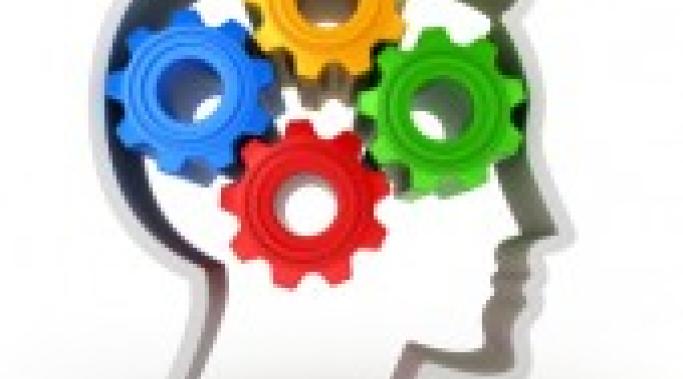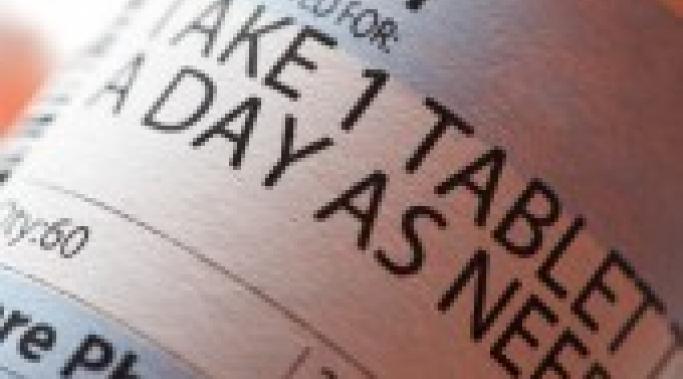It’s an undeniable fact - most New Year’s resolutions fail. Not because we don’t want to improve our situation or have a lack of motivation – we do! The truth is, most of us don’t take the time to really create goals that will work for us.
When January 1st rolls around, there’s tremendous pressure to outline goals and resolutions for the next 365 days. Many of us are exhausted from the holiday celebrations and we jump into kneejerk promises- lose weight, focus more, etc. We don’t take the time to really assess where we hurt or dream the most.
ADHD Treatment
A few months ago, I wrote about “tipping points:”
..a time in people’s lives when the strategies they have been using to compensate for their ADHD challenges no longer seem to be working. This “tipping point” is often experienced along with feelings of overwhelm and chaos. Up until a “tipping point,” people have been able to balance known or unknown challenges with ADHD with strategies they may not have even realized they were using. Up until the “tipping point,” they had been able to adapt and cope well with their symptoms, even going as far as being under the radar for an official diagnosis of ADHD (in other words their symptoms were not interfering with their functioning). But for some reason a life change – it could be a job promotion, relationship change, a school change, or any myriad of different things – renders the current strategies ineffective and over time there is a sense that things are no longer “going well” and in fact, life seems to be falling apart in a big way.
This article really resonated with people. I received many emails from readers stating they had coasted along most of their life, never knowing they had ADHD until they changed jobs or had kids (the overwhelm and chaos that children bring seems to be one of the biggest tipping points). Yet once they read the article, it all made sense- they had ‘tipped over’ and were floundering with no idea why or how to right themselves.
My favorite radio stations are playing carols, greeting cards are arriving in my mailbox and more and more houses are twinkling as I drive home at night. It’s official – the holidays are here.
I’ve been thinking about the holidays and how to write a blog about best tips to survive and enjoy them if you or a loved one has ADHD. Then I started reminiscing about past seasons with my children and decided to go a different route. To celebrate the joys that ADHD can bring this time of year:
It’s been a few weeks since the Succeed with ADHD Telesummit and my mind has finally quieted. All those tips and strategies, plus the energy and excitement of the listeners and speakers, had my brain fired up. I wanted to implement everything at once and make changes in my life right away! All those great ideas buzzing in my head, all the ‘I have to do that’, created such noise that I didn’t know where to start.
Often when there is too much, there’s no clear path on what to do and where to go. So I stepped away and focused on other projects. Then last week, I downloaded the recordings and listened to each of the calls again with the goal of choosing one or two strategies that I can do right now (with the plan of listening to the recordings again in a few months for more ideas).
Here are some of the key points and “ahas” I plan to add in my life right now:
Just as there are many different ways that adult ADHD shows up in our lives, there are also many different ways to manage and succeed with ADHD. What works for someone else may not be the best strategy for you…or is it?
Today’s article contains an overview of ten unique approaches to effective ADHD management, or ways you can succeed with ADHD, followed by an invitation to join me in a no-cost ADHD telesummit. There will be presentations from some of the top ADHD experts and professionals from our community, who will teach you more about each technique and how to make it work for you. I know from these experts you will find at least one strategy that is just right for you, or more likely, several in combination that will make all the difference. Enjoy!
“Medication levels the neurobiological playing field.” Biederman, J., & Spencer, T. (2002)
After receiving a diagnosis of adult ADHD, the most commonly asked questions people have are around ADHD medications. Despite the fact that we have been using the same psycho stimulants to treat ADHD for over 60 years, and have studied them over and over again for effectiveness, short term and long term side effects and contraindications, doubt remains.
In order to help provide some answers, dispel some myths and help people stay at choice around their ADHD treatment options, here is a synopsis on three of the top questions and their answers around ADHD medication.
People with ADHD are often eager to explore all the possibilities of better managing their ADHD challenges. Even though studies show that medication is up to 70-80% effective in reducing the core symptoms of ADHD (inattention, impulsivity and distractibility), there is no “magic pill” that alleviates all the struggles or cures ADHD. The impact of ADHD is 24 hours a day, 7 days a week and most ADHD medications wear off within 4-12 hours. That leaves many hours in the day that often require alternative ways of coping with and managing ADHD symptoms.
ADHD runs in families. It is a genetic disorder and a family affair. If you are an adult with ADHD, it is highly likely that another relative of yours will have ADHD. For many adults, this other someone is a grandchild.
Next week, October 16-22, 2011 is ADHD Awareness Week here in the United States. For those of us living with ADHD, care about someone with ADHD or work with people who have ADHD, this is a huge deal!







